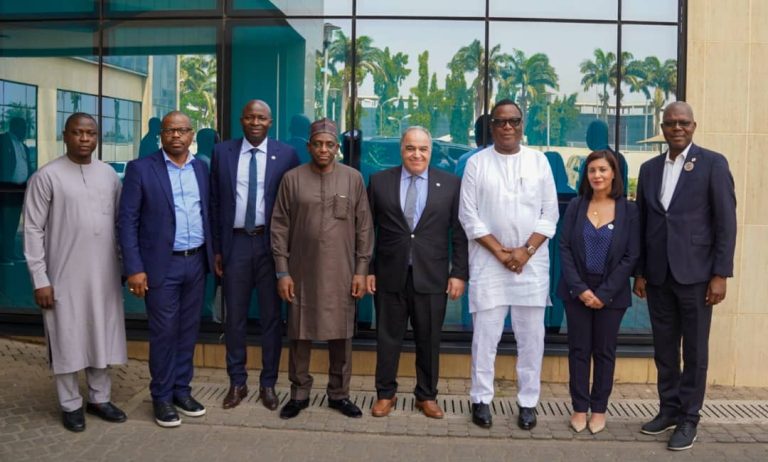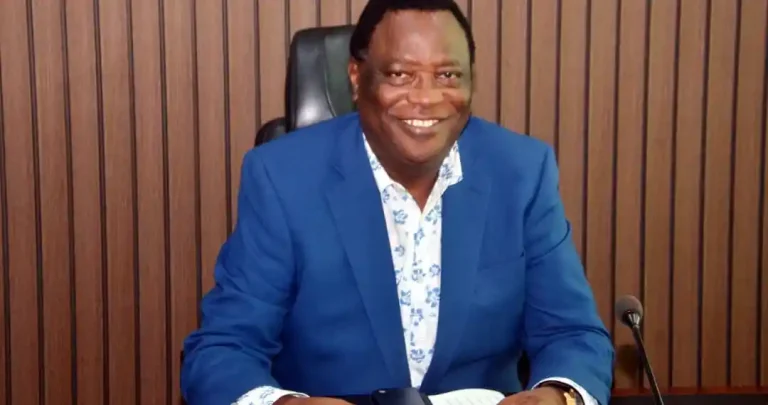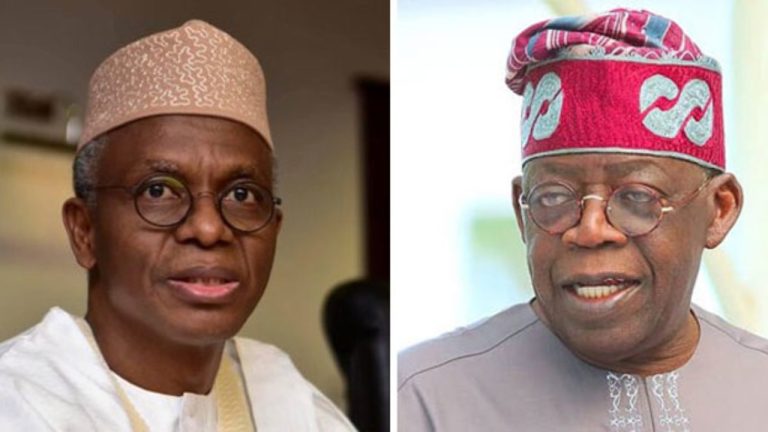
•WHO Director-General, Dr. Ghebreyesus
The World Health Organisation at the weekend warned against easing restrictions on social distancing too early.
“WHO wants to see restrictions lifted as much as anyone. At the same time, lifting restrictions too quickly could lead to a deadly resurgence. The way down can be as dangerous as the way up, if not managed properly,” said Director General Dr. Tedros Adhanom Ghebreyesus at a media briefing.
Ghebreyesus added that the global health body was “working with affected countries on strategies for gradually and safely easing restrictions.”Supporting the view, the president, Nigerian Medical Association (NMA), Dr. Francis Adedayo Faduyile, told The Guardian: “We place on record that there is now the evidence of community transmission of COVID-19. As such, relaxing any guideline that promotes mass gatherings in any part of our nation now can only heighten and not flatten the curve of transmission dynamics.”
Asked whether he would recommend the lifting or relaxation of restrictions, the Director General of the Nigerian Centre For Disease Control (NCDC), Chikwe Ihekweazu, told The Guardian: “The decision to extend the restriction of movements in Nigeria will be made by Mr. President. We do know that in the absence of vaccines and therapeutics, countries across the world have to depend on non-pharmaceutical interventions such as closure of mass gatherings, promoting hand washing, social distancing and others.
“This can be difficult in a context like ours in Nigeria, where a significant proportion of people earn daily wages. We recognise that there has to be a balance to mitigate the spread of the virus, while sustaining our economy and society. The government of Nigeria is committed to ensuring that we implement the most ideal strategy for our country and context.”
On whether the sit-at-home measure has been effective in controlling the spread of the virus and improving contact tracing, he said: “Currently, we have been able to follow up with 91 per cent of contacts in Nigeria. By finding and following up with these contacts, there is a window of opportunity to control the spread of the virus.
“We know that people get the virus, when they come in contact with infected people. If movement restriction and other measures are adhered to, we can reduce the risk of spread.”
He added: “It is still too early to compare our outcomes with other countries. The outbreak is reaching peak levels in Europe and the Americas. We are still at the early stage in Africa. We will continue working very hard, based on recommended protocols, in the management of COVID-19 cases.”
Global figures as at yesterday put the total number of confirmed cases at 1,810,846 with 112,222 deaths, while 415,131 recovered.
The death toll in Nigeria has witnessed a slow but disturbing rise. Data from the NCDC as at 9:30 p.m., April 11, showed 318 confirmed cases, of which 70 were discharged and 10 deaths recorded.
Meanwhile, drugs for the deadly COVID-19 could be available as early as June or the end of 2020, experts disclosed yesterday.“Pharmaceutical company, Gilead, is working on a drug called Remdesivir, which is in clinical phase trial three. Also, Ababy is working on Lopinavir-Ritonavir combination (second line HIV drug), and it’s also in phase three of clinical trials.
“So, basically, if they are proving effective, then there is actually hope for all of us. Vaccination trial has already started in different parts of the world,” said Dr Arun Balaganga, Medical Director at the Indian International Healthcare Centre in Abuja.Balaganga told the News Agency of Nigeria (NAN) that 15 pharmaceutical companies including Johnson and Johnson, Pfizer and Sanofi are already working on different drugs and vaccines, which are at different stages of clinical trials.
“China and India are already using hydroxychloroquine to treat patients of the virus.Right now, there are no vaccine trials in India, to the best of my knowledge.But there are lists of 12 to 15 companies working on different combinations.
“Nobody likes to live in a compromised situation; everybody is doing the best.But if some kind of drug trials is successful, then, probably in one or two month’s time, we will be in a position to contain the virus if we have the proper drugs. Some of the drugs can be ready in two months because they are in phase three of clinical trials.”
Similarly, European Commission President Ursula von der Leyen expressed hope that a vaccine could be developed by the end of this year.Speaking with German Sunday newspaper Bild am Sonntag, she said there were plans to start clinical tests soon, but did not disclose any details.
Balagangaalso warned that people who have tested negative for coronavirus must continue to take precautionary measures to avoid being infected a second time.
He explained: “We do not have 100 per cent clear-cut theories about the transmission dynamics of COVID-19 because the World Health Organisation said earlier that it is not so risky, but later declared it a public health global emergency.At some point, they said it was airborne, and later they said it was not airborne; so we do not have a clear picture on this.
“There can be different strains of this virus. A person who is actually infected and recovered can still be infected again, if the person gets the second strain of the virus.There are chances that the person can still be infected with the second strain of the virus because the person already has anti-body of the first strain.
“So, it’s unlikely that the person may get infected with the same strain or probably, in case of immuno-compromised people, recurring infections can be common. It’s just like someone catching cold multiple times.”
Balaganga further revealed how people’s recovery from the virus could differ. He said: “Obviously, there is a situation where one group is treated with a particular drug while another group could use plausible drugs like vitamin C, and so on.
“What happens is that all these medicines are working in different stages of viral replications and spread. The body also has its own defence mechanism to fight the virus because it understands that it’s a foreign body.
“So, if a person has a very good level of immunity, with a simple supportive care and the help of paracetamol, to reduce the fever, the body will automatically respond to it and fight the virus and that is the reason why plausible drugs are given and people get better.
“When we are administering drugs on a COVID-19 patient, it makes the work of the body easy to fight against infection, and that is the difference between giving drugs and giving plausible therapy.”
This came as the executive director of the National Primary Health Care Development Agency (NPHCDA), Dr. Faisal Shuaib, hinted that the outbreak of COVID-19 in the country should not affect routine services provided by Primary Health Care centres.
He said all PHCs remain open throughout the country, including states observing lockdown. Shuaib’s call came as most hospitals now struggle to treat patients with other deadly conditions.
One of the biggest hospitals in Nigeria, the Lagos University Teaching Hospital (LUTH) Idi-Araba, last week, said, “We have scaled down the admission of routine cases while all in-patients are being transferred to Block E for ease of care…”
As scientists across the world scramble to develop a vaccine for coronavirus, swathes of pharmaceutical firms have also been forced to pause clinical trials.Hundreds of trials have either been cancelled or delayed as laboratories refocus their resources on COVID-19.
The WHO had, on Friday, April 3, 2020, also suspended the global battle against the eradication of polio because of the increasing transmission of COVID-19. (The Guardian)









49699 850523Our own chaga mushroom comes with a schokohutige, consistent, charcoal-like arrival, a entire lot of dissimilar towards the style of the regular mushroom. Chaga Tincture 728715
938863 474036love your imagination!!!! wonderful function!! oh yeah.. cool photography too. 684451